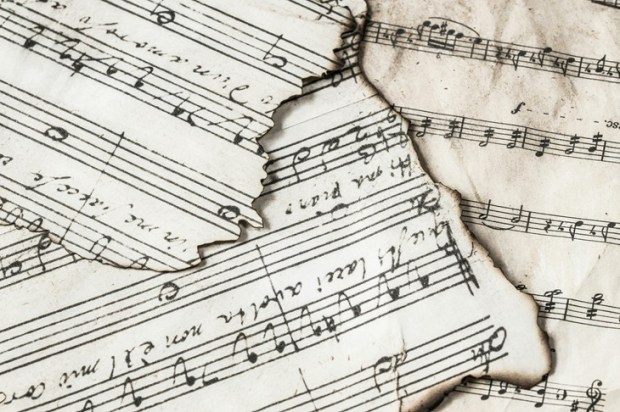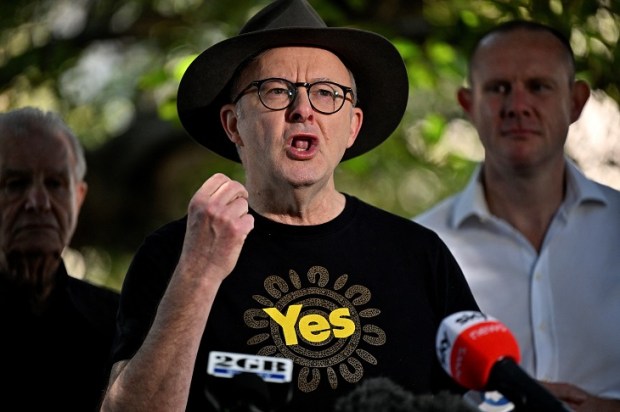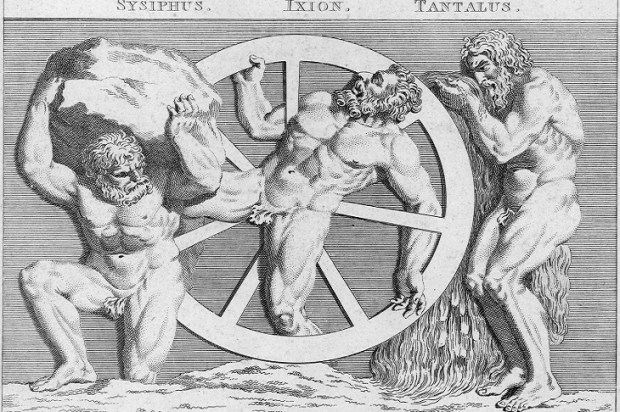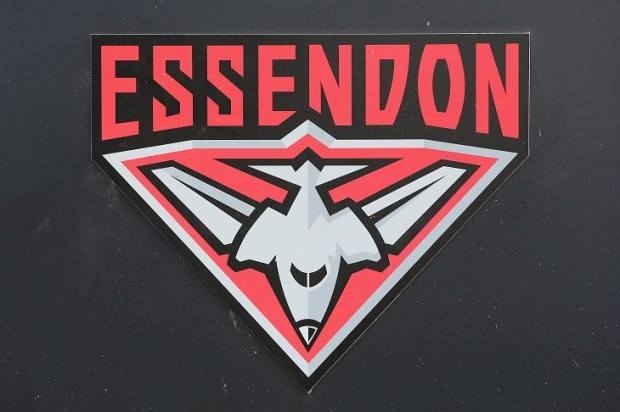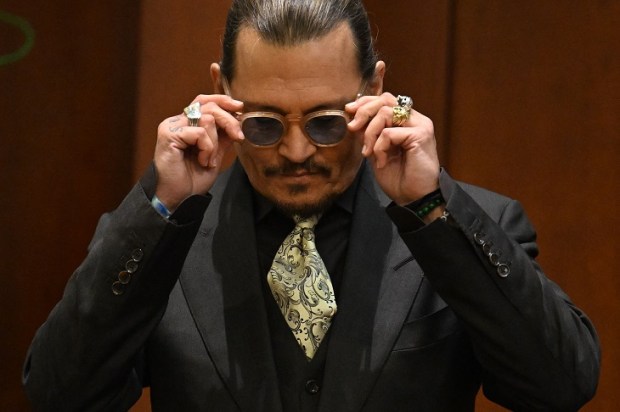In the long history of pop songs being co-opted or leveraged for social cause campaigns, almost none seem an immediately better fit than the rousing You’re The Voice anthem’s alignment for the Albo-driven campaign for a Voice-led change to Australia’s Constitution.
In truth, rarely anywhere in the world has such a catchy and iconic song title mirrored a socio-political campaign slogan so perfectly (voice-to-voice, as it were).
While the song is easily misperceived as a wholly ‘Aussie’ classic, it was actually written by the cohort of English songwriters Qunta, Reid, Ryder, and Thompson. Since 1986 the tune – if not always featuring the famous Farnham pharynx – has been a fixture on overseas pop charts, cover versions, adverts, campaigns, and movies; it clearly sells stuff rather well. And currently, it seems to have found a serendipitous re-animation as a de-facto anthem for ATSI advocacy in Australia.
For ‘Yes’ vote campaign strategists – who saw massive media coverage when their latest trans-media adverts were launched last week – its use is unique and uncanny.
Whether songs for social change started with my Celtic ancestors issuing rallying recruitment calls on fifes and drums, or the timbre of the first eco-protectionist song Woodman, Spare That Tree! by Henry Russell in 1837, or in the The Suffrage Flag ode to female emancipation by Adkinson in 1884, catchy ditties have long constituted memorable auditory shorthand, designed to educate, entertain, and entrance their listening audiences to a particular way of thinking.
With compelling beats and imaginative instrumentation, music can stimulate emotions and stir feelings that transcend boring or rational arguments, deductions, and decisions. Music – simply – can affect and infect what goes on between the listeners’ ears and – at the same time – the feelings within their hearts.
Cause-related songs have the power to embed a campaign’s direction – yet often without its detail – in the minds of target audiences. The key directional messages of You’re The Voice flatters voters, tells them they can be history makers, calls for them to be vocal uprisers, and plays to the populace’s agency as potential power-wielders. To have a battle-cry that makes listeners feel good – and also seek to ‘do-good’ – is lyrically intoxicating.
Generally, very few cause-related songs – from Sam Cooke’s A Change is Gonna Come to John Lennon’s Imagine – sound as upbeat to multi-demographic ears as Farnham’s uber-produced pop rouser does. Typically, many social cause tunes have a predominantly tragic, wistful, and reflective quality to them, given the toxic or terminal circumstances which catalysed their composition.
Farnham’s forceful rendition perhaps uniquely ranks alongside the Geldof-and-pals penned, Do They Know It’s Christmas? chart-topper written to generate alms to alleviate the Ethiopian famine of the mid-80s. It’s both these songs’ ability – The Specials’ Free Nelson Mandela sounds comparably upbeat – to make supporting a cause seem like such an attractive and self-affirming notion, which gives them their persuasive power. To my ears, anyway, no other song advocating for permanent political change anywhere in the Western world sounds anywhere near as damn chirpy as You’re The Voice.
Now given that the ‘Yes’ campaign secured substantial media coverage from the launch of their ads featuring You’re The Voice, the ‘No’ campaign must surely be mulling over the optimum track to help them score some psycho-emotional points, too.
I Can’t Go for That (No Can Do) by Hall and Oates would surely be on the table as could, This Land Is Your Land by Woody Guthrie. Actually, Woody’s words could be used by either side of this referendum rumble. Perhaps the ultimate vote-resistance song could be a remake of Just Say No – an anti-drugs dirge – wailed by the cast of UK kids TV show Grange Hill back in 1986.
Yet none of these nay-saying tracks have the emotional cache or huge and inter-generational Aussie cultural equity which You’re The Voice inherently has.
Yet what effect can melody or music have on public perceptions of – and predispositions towards – any given social cause or candidates? Can a song effectively drive or secure socio-political change?
Studies suggests it’s very unclear. Research by Naomi Ziv in 2020 also looked at the influence of music in political and war-related conflict. Ziv concluded that ‘…although the peace songs made people feel good, only the anti-war songs led them to let down the emotional barriers between “us” and “them”.’
Whether You’re The Voice is in any way a song about peace or war depends [as I said earlier] on what’s going on between the recipients’ and voters’ ears.
While the Australian citizenry is currently ‘one and free’ and not at war – except for the odd polarising politician – it does beg the question of whether citizens will vote in harmony with the sweet-sounding seduction of You’re The Voice or whether they will defy the songwriters’ advice, and march to the associated numbers and strains dancing around inside their own heads.
Gerry McCusker has a decent record collection and two guitars. He plays the vinyl much better.


